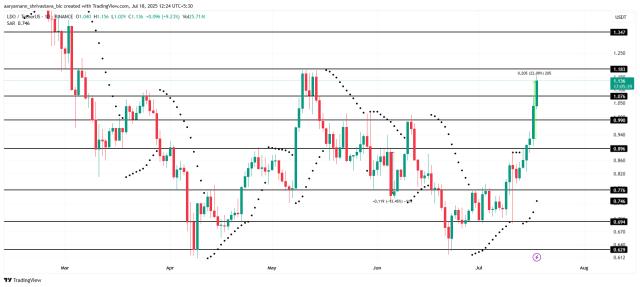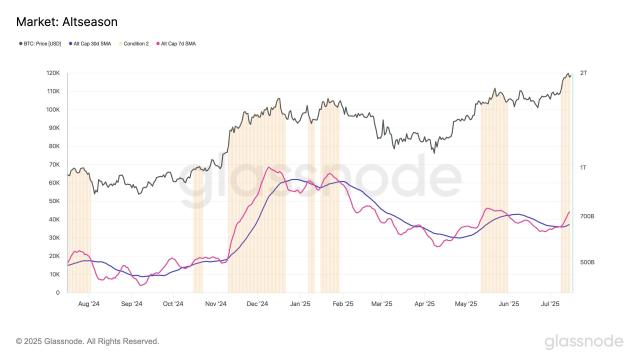The U.S. Supreme Court's dismissal of a privacy invasion lawsuit filed by Coinbase (COIN) user James Harper against the Internal Revenue Service (IRS) has set a significant legal precedent for digital asset users' privacy rights in the United States.
The case began in 2017 when the IRS requested personal information from Coinbase users through a 'John Doe summons' while investigating potential tax evasion by U.S. cryptocurrency investors. Harper filed a lawsuit in 2020, claiming that his financial information was collected without a warrant, violating the Fourth Amendment of the Constitution. However, the federal district court in New Hampshire rejected his claim in 2021, and the appeal did not change the outcome.
With the Supreme Court's dismissal, the ruling is now final, presenting a new direction for discussions on digital asset holders' privacy protection rights. Coinbase submitted a supporting brief for Harper's petition, warning that "if this ruling is finalized, the government will be able to track not only past cryptocurrency transactions but also monitor future transactions." Paul Grewal, Coinbase's Chief Legal Officer, emphasized that while supporting tax compliance, this case is not simply a cryptocurrency issue but a privacy matter that could be broadly applied to financial institutions, communication companies, and email services.
Just before the Supreme Court's dismissal, CoinLedger, a cryptocurrency tax software company, reported a 758% year-on-year increase in customer consultations mentioning IRS warning letters. This is interpreted as a signal that the IRS is strengthening written warnings to cryptocurrency traders who have not reported or underreported transactions. CoinLedger explained that "IRS warning letters are unrelated to criminal charges and are simply sent to cryptocurrency investors identified through 'John Doe summons'."
The Harper case, originating from IRS tracking activities during the Trump administration, has reignited discussions about the balance between privacy for cryptocurrency users and the government's tax enforcement authority in the United States. It also raises the possibility of increased legal conflicts between tax regulations and personal information protection in the digital asset market.
Real-time news...Go to Token Post Telegram
<Copyright ⓒ TokenPost, Unauthorized reproduction and redistribution prohibited>







